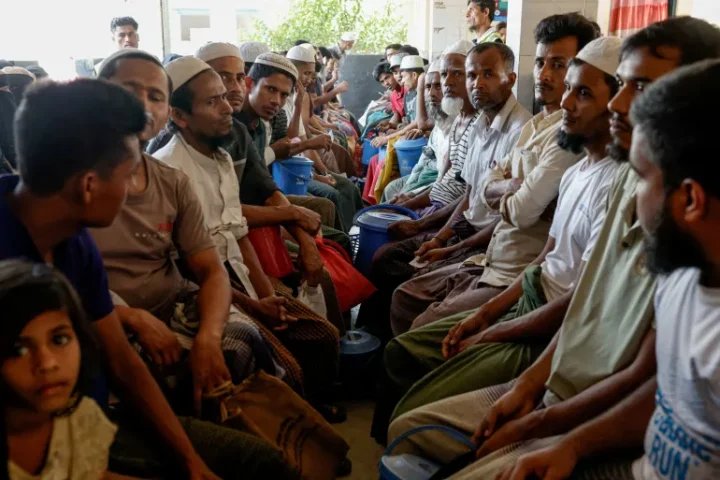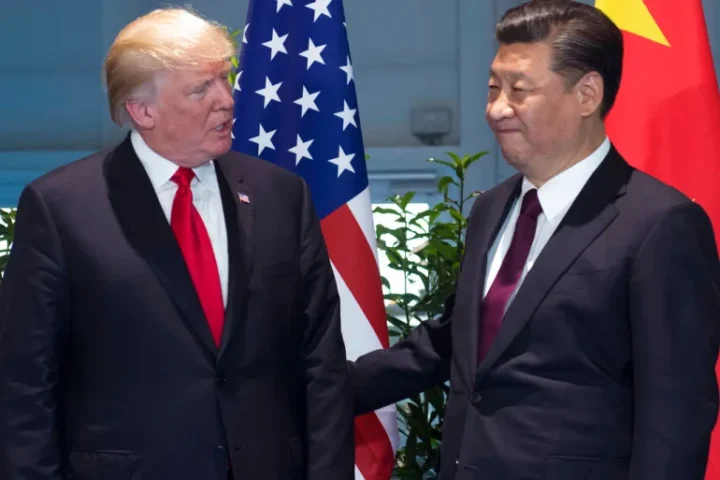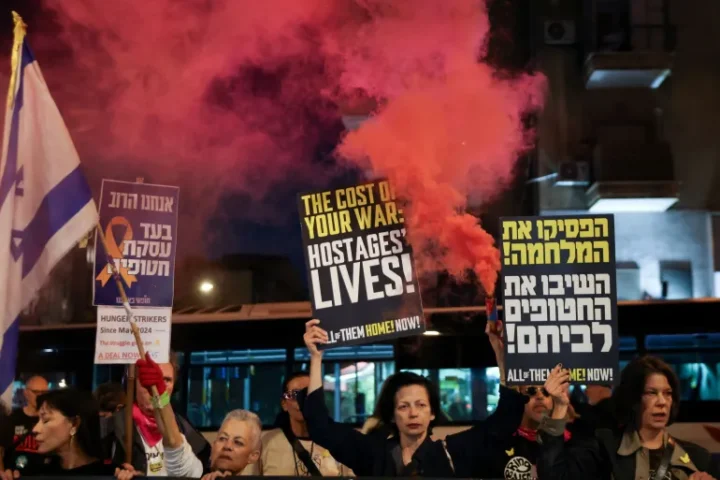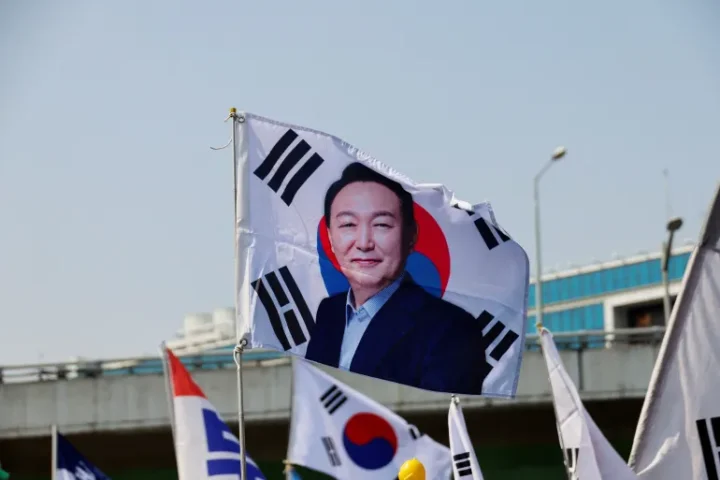The Russian occupation authorities in southern Ukraine say they have started handing out Russian passports to locals in two cities – Kherson and Melitopol.
Ukraine condemns the creation of Russian citizens on its territory as “Russification”. President Vladimir Putin is fast-tracking the procedure.
Russia’s Tass news agency says the first 23 Kherson residents got Russian passports at a ceremony on Saturday.
Tass says thousands have applied for them, but its claim cannot be verified.
The Russian-appointed military governor in Kherson, Volodymyr Saldo, said “all our Khersonite comrades want to receive the passport and [Russian] citizenship as soon as possible”.
Ukraine denounced the move as a “flagrant violation” of its territorial integrity, saying President Putin’s decree was “legally void”.
The policy follows Russia’s distribution of passports to residents of Ukrainian regions its forces have occupied since 2014 – Crimea and much of the Donbas.
Russia annexed Crimea and created self-styled “people’s republics” in Donetsk and Luhansk – moves condemned internationally.
Ukraine now fears the same process is under way in areas seized by Russian forces in the current invasion. Once locals become Russians, the Kremlin can claim it has to “protect” them.
There are reports of Ukrainians defying a Russian order to use roubles, instead of the Ukrainian currency hryvnia, in Kherson.
Melitopol is in the south-eastern Zaporizhzhia region, most of which is now held by Russian forces, including Europe’s biggest nuclear power station.
In Crimea and Russian-held Donbas – the industrial region made up of Donetsk and Luhansk – Russia has introduced the rouble and forced schools to adopt the Russian curriculum.
It has also ousted local officials appointed by Kyiv – and repeated such action in the newly-occupied areas.
Heavy fighting continues to rage in the Donbas city of Severodonetsk. The Kyiv-appointed head of Luhansk, Serhiy Haidai, says Ukrainian forces are still holding the city’s industrial zone, including the huge Azot chemical plant.
In other developments:
- Ukraine’s army is running low on artillery shells, as it battles against intense Russia bombardments, a southern Ukrainian governor says. Vitaly Kim of the Mykolaiv region says the Russian army is much more powerful – he urged Ukraine’s Western allies to speed up delivery of long-range artillery and ammunition.
- European Commission President Ursula von der Leyen met President Volodymyr Zelensky in Kyiv for a second time, to discuss Ukraine’s request for EU membership. She said: “You have done a lot in strengthening the rule of law but there is still need for reforms to be implemented, to fight corruption for example”. She said the EU will decide next week whether Ukraine should be given candidate status – the next step in the long process to become an EU member.
- Russia is resorting to heavy anti-ship missiles in ground attacks against Ukraine, which are highly inaccurate, UK military analysts say. They believe Russia is running short of precision cruise missiles and other hi-tech weapons, having used so much already.






